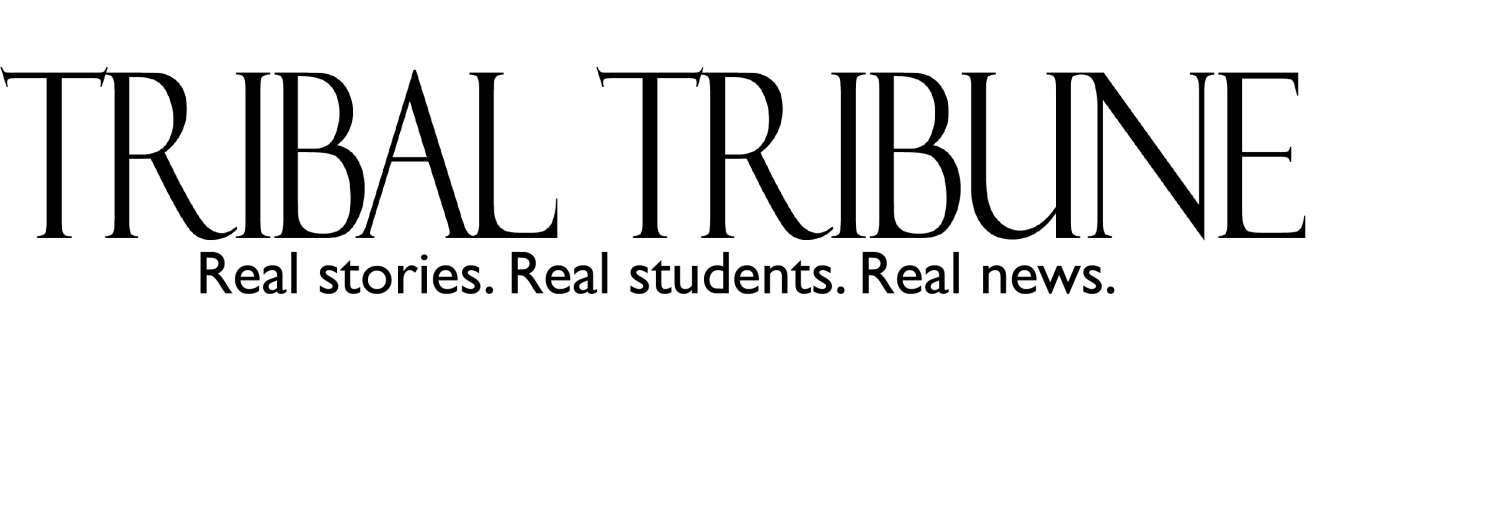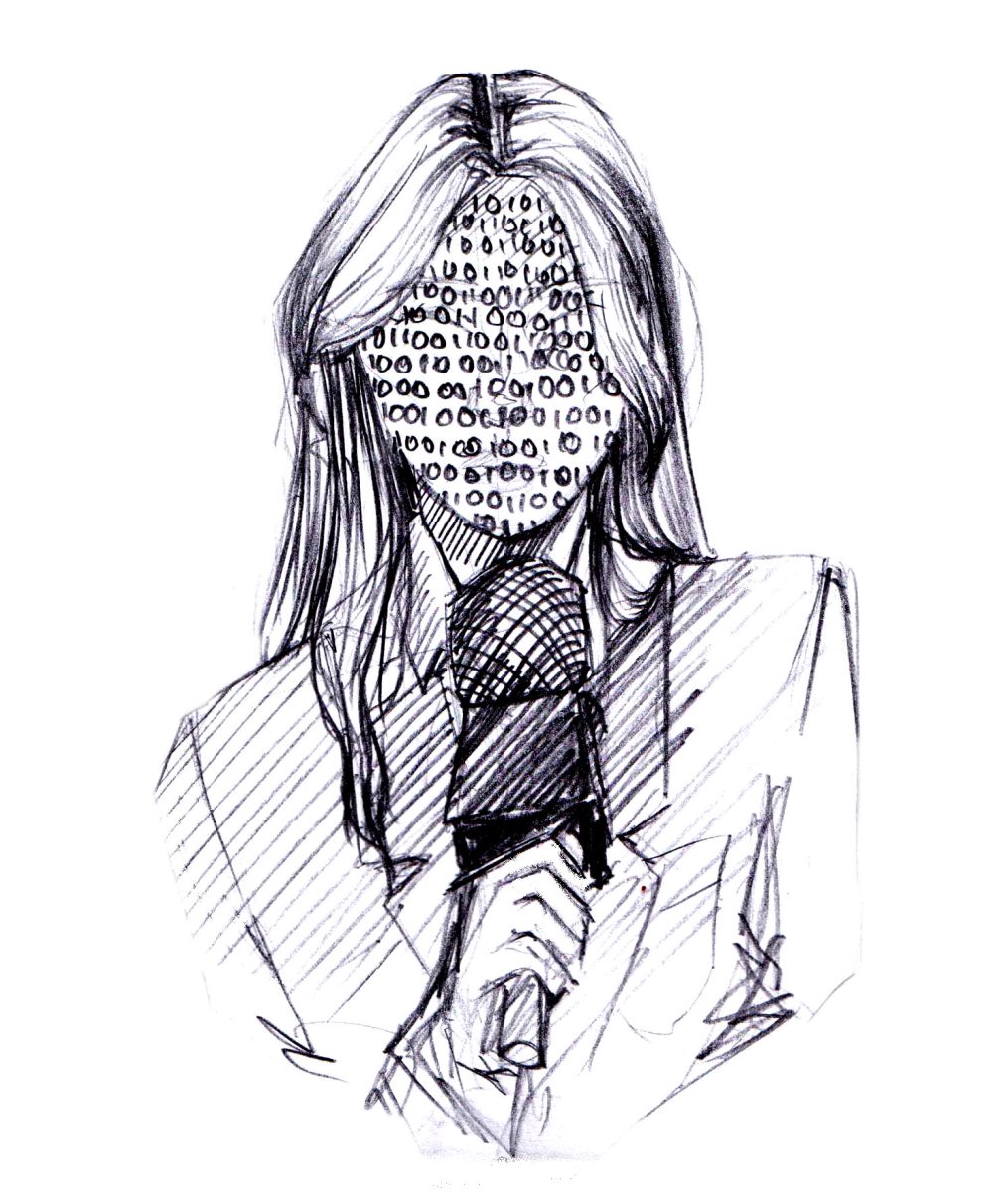Just like ourselves, all human inventions have positives and negatives. Fossil fuels provide power but hurt the environment, GMOs provide easier-to-grow food, but may not be good for your health or the environment, pesticides protect plants from pests, but also cause toxic runoff. Situations like these require government involvement to regulate inventions to prevent these attached negatives from becoming major problems.
The world is seeing the next iteration of this phenomenon during its latest technological revolution, in the case of artificial intelligence.
AI has become a major cause of frustration by many people, including ourselves. It has provided misdoers with better tools to fraudulize elections, it has improved the capabilities of spam messaging and clickbait, and it can be used to better spread and fabricate false information.
With regards to its ability to influence elections, we need not look no further than the election-news scandal in Venezuela. Perpetrators used AI technology to create fake, but convincing, reporters
that covered false news in short clips on the internet. As a result of this fraud disguised as formality, people believed the information.
The reporting was biased towards a certain presidential candidate, which generated massive concerns on whether or not the election results were legitimate.
On the internet, AI has allegedly been used by anti-American groups to cause election fraud via misinformation. This tactic works by creating fake comments on posts, posts themselves that either were intended to stoke outrage, or to misinform people about current events to influence their vote.
Additionally, we have concerns regarding the social aspect of AI, such as with AI chatbots, for example Snapchat’s AI chatbot. It is fair to be concerned with its presence considering so many teenagers actively use it, instead of talking to real people they talk to their AI companion.
Chatbots are concerning because they take the human element away from conversation, people don’t have to talk to their friends if they have a chatbot which is programmed to have the best response for its user through its algorithm.
Lastly, AI has been used by advertisement-based news sources to create clickbait. This clickbait is intended to get potential consumers to click their links so that they can get money for showing them ads. It can also be used to create clickbait for spam messages on social media.
AI can and will be used to perpetrate misinformation and clickbait online, works against the actively decreasing sociality of people, and can be a tool to manipulate elections. These are very concerning national security threats that should motivate the government to step in with regulation.
Now to the positive, because while it may have its downsides, AI can be a boon too.
AI can be used to assess demographic patterns in voting and polls to better predict the outcomes of elections, giving voters better knowledge of the very crucial elections they take part in every two years.
While AI does raise concerns regarding election safety, it also can increase it. Some have proposed that AI should scan ballots instead of people, which is predicted to lower concerns of election fraud by eliminating the human bias of it.
While AI may create issues, especially regarding misinformation and deep-fakes, it can act in the reverse. Similarly to how AI can be used to find when students use AI models to write research papers, it can also be used to detect deep-fakes and false information. Especially as deep-fakes get more advanced, it will be necessary to use AI to determine the originality of a news report or broadcast.
Its uses extend beyond the political sphere though, as it may be helpful in increasing factory efficiency by assisting workers in all kinds of jobs, such as those manufacturing, architecture, engineering, language, software development, and many more.
What is notable here is that there is a fine line between taking jobs and assisting workers. There are valid concerns, many of which we agree with. They mention the fact that AI can take many different people’s jobs if the government is not careful with how they regulate it.
Many people’s careers, such as trucking, factory work, software engineering, and journalism are threatened by the emergence of AI in the workforce. It has the capability to take people’s jobs, the
ones they rely on to pay for food, water, and their home. This is one of many reasons why we need to regulate AI, but again, not dismantle it all together.
As a recap, AI can be used in all different types of situations, but if the government does not regulate it, it can cause damage to the democratic process, the information sources people use on a daily basis, and to our own livelihoods. AI is an extremely helpful tool, and it should stay that way.


